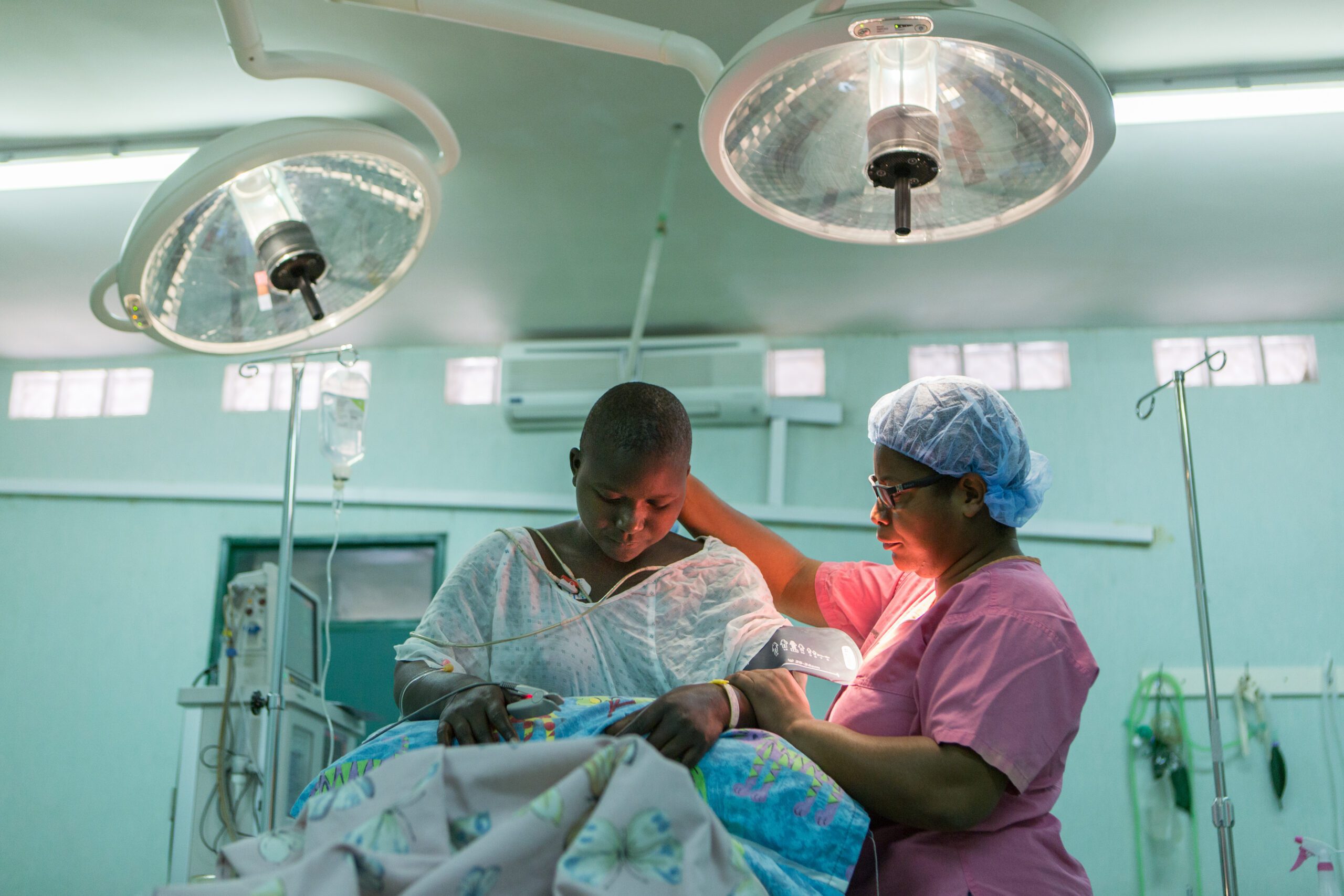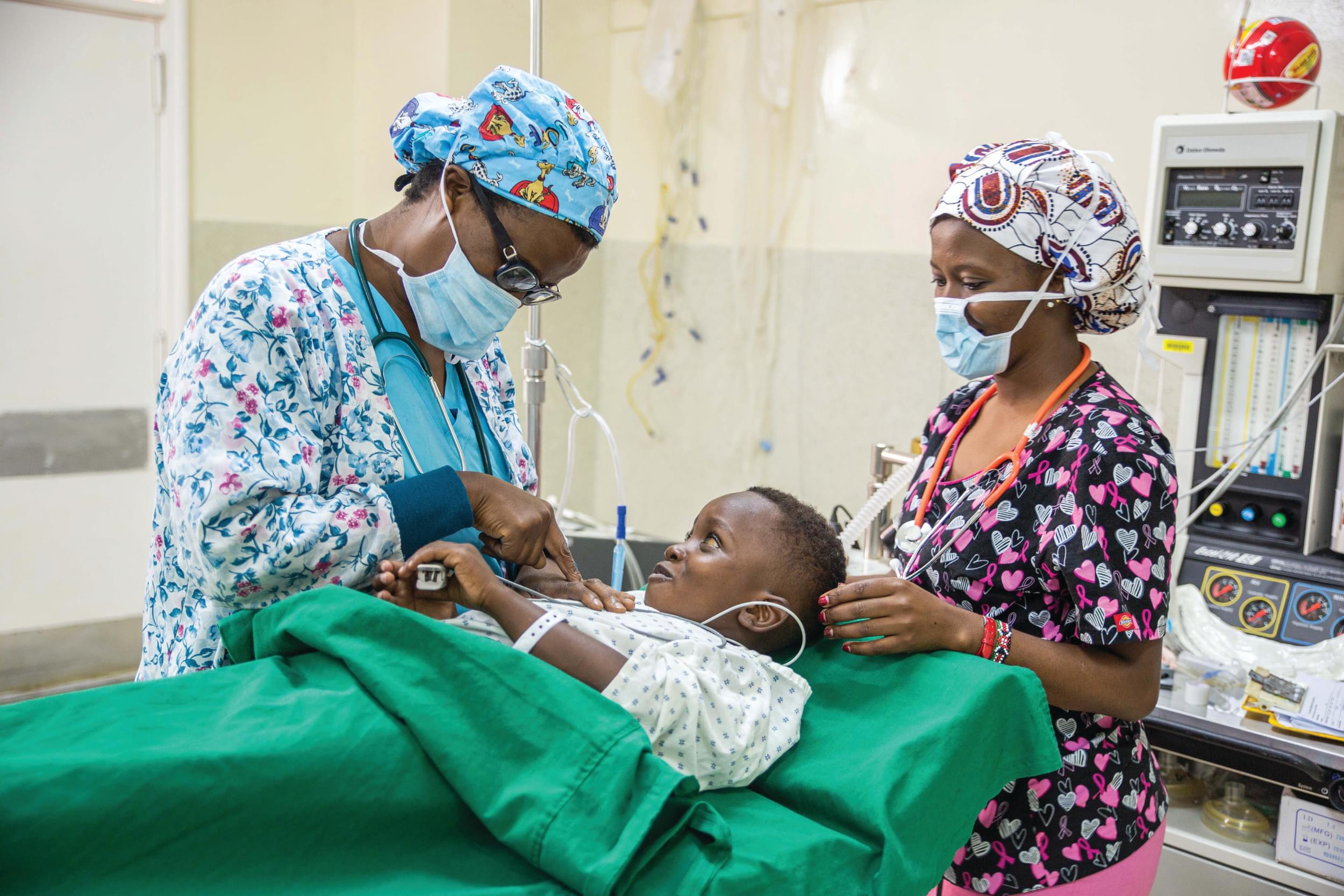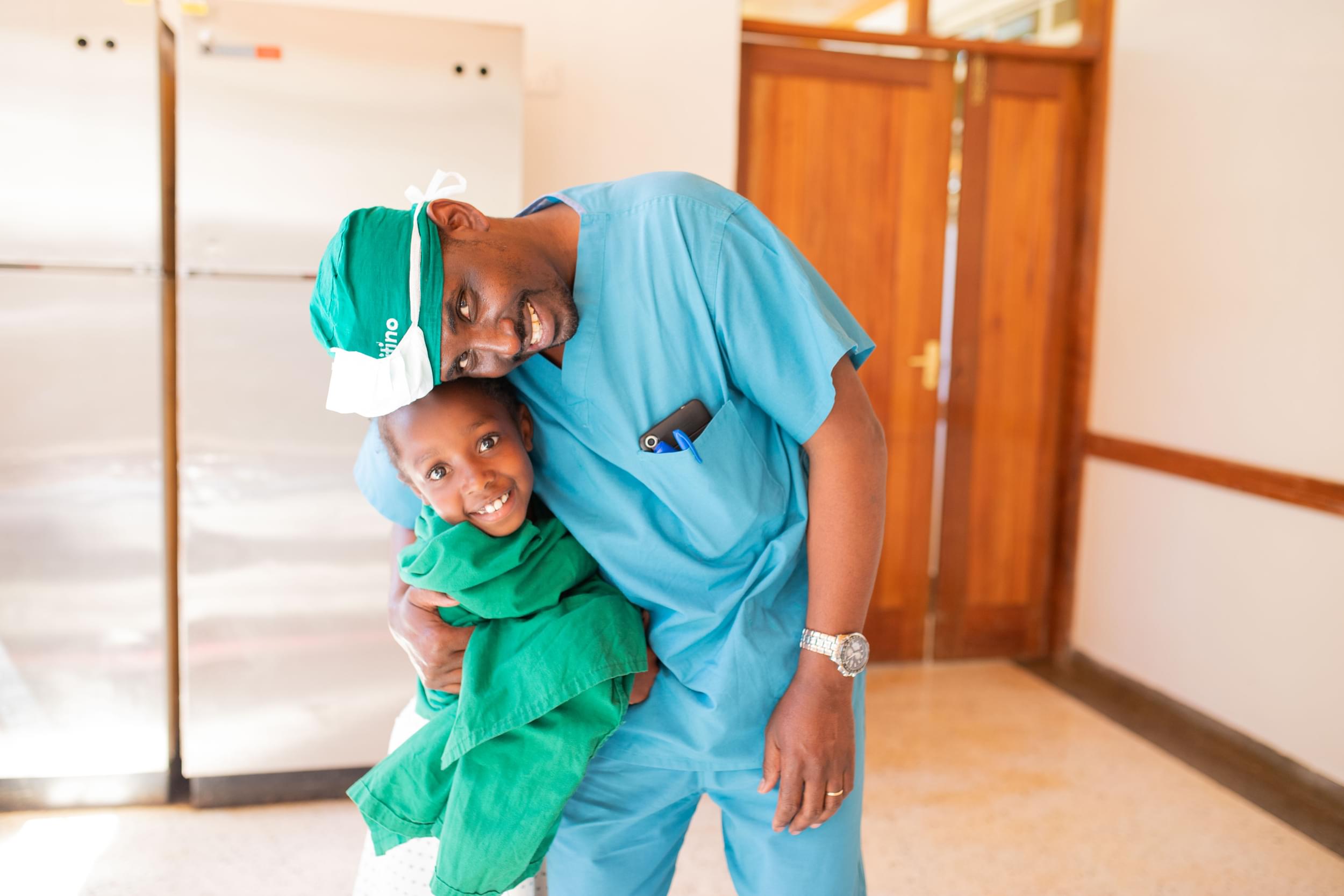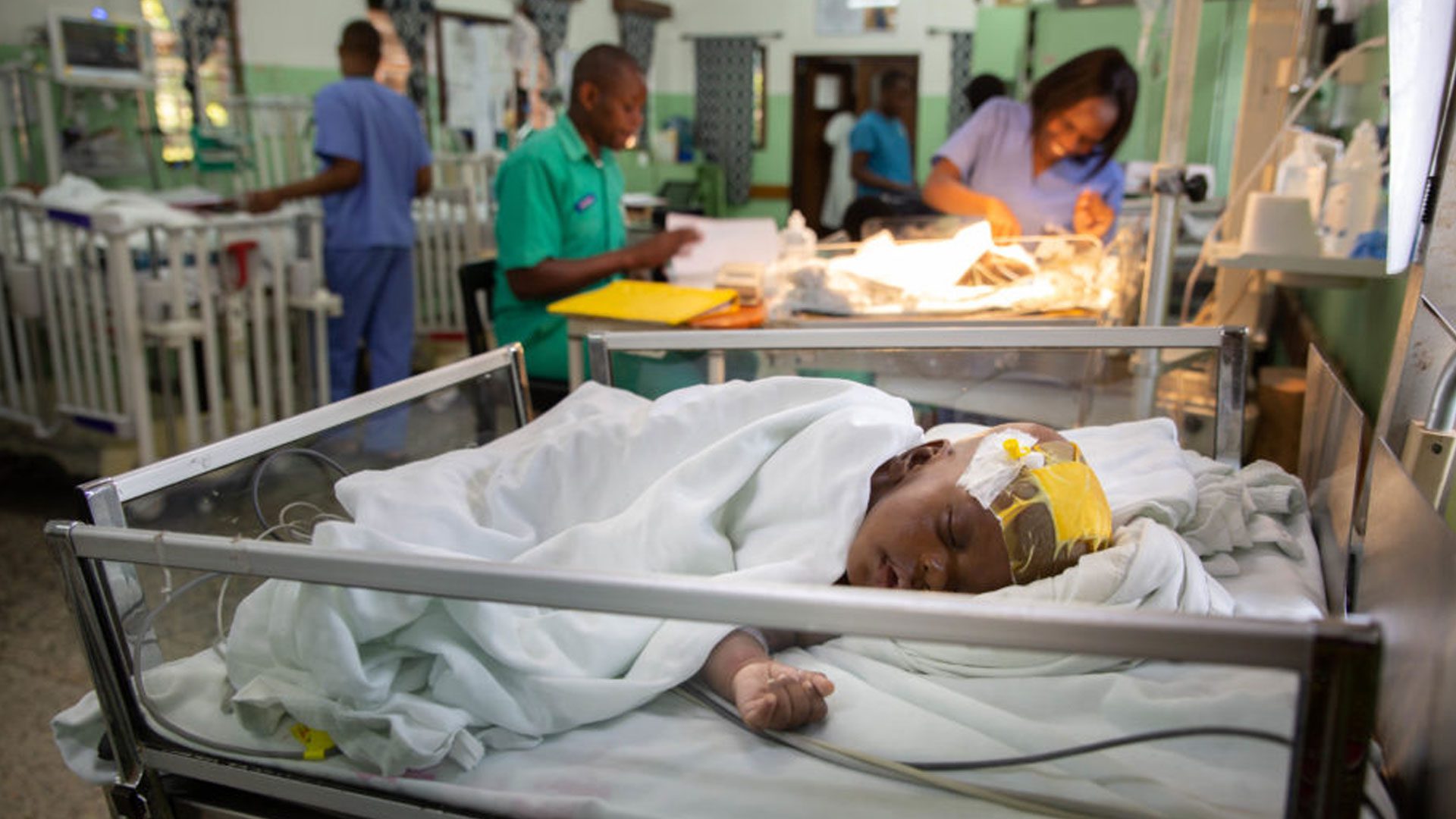Surgery for pharmacoresistant epilepsy in the developing world: a pilot study
Abstract: Epilepsy prevalence in the developing world is many fold that found in developed countries. For individuals whose conditions failed to respond to pharmacotherapy, surgery is the only opportunity for cure. In Uganda, we developed a center for treatment of intractable temporal lobe epilepsy (iTLE) that functions within the technologic and expertise constraints of a severely low resource area. Our model relies on partnership with epilepsy professionals and training of local staff. Patients were prescreened at regional clinics for iTLE. Individuals meeting inclusion criteria were referred to the treating Ugandan hospital (CURE Children’s’ Hospital of Uganda, CCHU) for video-EEG (electroencephalography), computed tomography (CT) imaging, and neuropsychological evaluation. Data were transferred to epilepsy experts for analysis and treatment recommendations. Ten patients were diagnosed with iTLE and surgically treated at CCHU. Six (60%) were seizure free, and there was no neurologic morbidity or mortality. Our model for surgical treatment of pharmacoresistant TLE has functioned successfully in a true developing world low resource setting.























